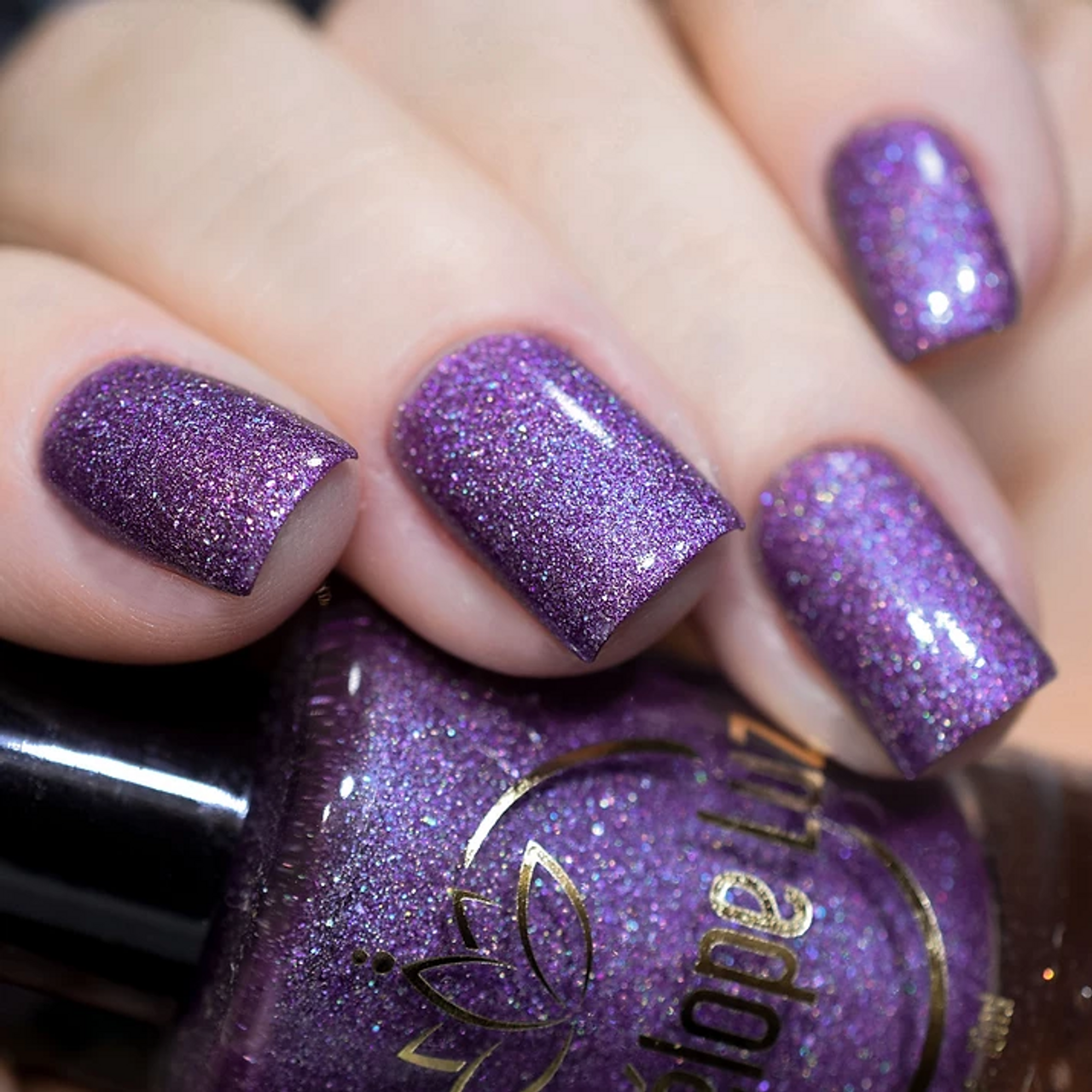If you’ve browsed nail polish labels lately, you might have seen phrases like 3-free, 5-free, 7-free and wondered what on earth they mean — and whether they’re actually safer. This guide cuts through the jargon to show what these “-free” claims mean, which are useful, and when they might just be marketing fluff.

What Do “3-Free”, “5-Free”, “6-Free”, “7-Free” Actually Mean
These terms refer to how many potentially harmful ingredients a polish does not contain. The more “free” your polish is, the more kinds of chemicals have been left out.
| Label | “Free” of Which Ingredients |
|---|---|
| 3-Free | No dibutyl phthalate (DBP), no toluene, no formaldehyde. |
| 4-Free | Same as 3-free + no formaldehyde resin. |
| 5-Free | 4-free + no camphor. |
| 6-Free | 5-free + no parabens. |
| 7-Free | 6-free + no xylene. |
“The Nasty” Ingredients: What to Know
Here are key reasons some of those excluded ingredients raised concerns, and whether you really need to avoid them:
-
Dibutyl Phthalate (DBP): Believed to be harmful in large amounts, especially with long‐term exposure. Salon workers or those pregnant may want to avoid.
-
Toluene: Strong solvent; inhaling significant amounts over long periods is risky.
-
Formaldehyde & Formaldehyde Resins: Known irritants/allergens. Some “nail hardeners” use them — careful in enclosed spaces.
-
Camphor: Often more of an irritant than a toxin at low polish doses.
-
Parabens: Often sensationalized — many polishes are effectively paraben-free by default.
-
Xylene: Very rarely used; often cited for 7-free but often already absent anyway.
Which “Free” Level Is Worth Caring About?
Here’s my view, based on practical use, safety, cost, and your lifestyle:
| Situation | Go For It If… | Probably Overdoing It If… |
|---|---|---|
| You work in a nail salon, are pregnant, or have sensitive nails/skin | Aim for 5-free or 7-free — fewer irritants or allergens to worry about. | |
| You do nails occasionally, mostly indoors, good ventilation | 3-free or 5-free is likely enough. Many modern polishes are already 3-free by default. | |
| Price vs colour variety matters a lot | Polishes with higher “free” claims tend to cost more or have fewer colour/finish options. | |
| Avoid allergens / specific irritants (camphor, formaldehyde) | Check ingredient lists — the number (“free”) helps, but individual sensitivities may matter more. |
Practical Tips for Buying & Using Nail Polish
-
Check the label, not just the “-free” claim. Sometimes brands use “free” but still have ambiguous ingredient descriptions.
-
Ventilate when applying polish. Having a fan or open window helps reduce exposure to vapours.
-
Limit how long you keep polish on, especially if you see lifting or irritation. Clean up edges, avoid contact with skin.
-
Remove polish carefully, avoid harsh removers. Use acetone substitutes or gentle removers if your nails are weak.
-
Alternate with “nail rest” periods. Let nails breathe (no polish for a few days/week), use nail oils.

My Verdict
If I were you:
-
For everyday wear, 3-free is generally a safe bet.
-
If you know your nails are sensitive, or you have allergies, go higher (5-free or 7-free).
-
Claims like 6-free or 7-free aren’t always meaningful if the ingredients excluded weren’t used much anyway — do your due diligence.
-
Don’t forget: nail health depends not just on removing “nasties”, but on how you use polish, remove it, care for nails in between.
✨ Editor’s Pick: If you want polishes that balance safety + beauty, look for trusted brands that clearly list which ingredients they avoid, have 3-free + 5-free lines, and offer your favourite shades so you don’t compromise style.

